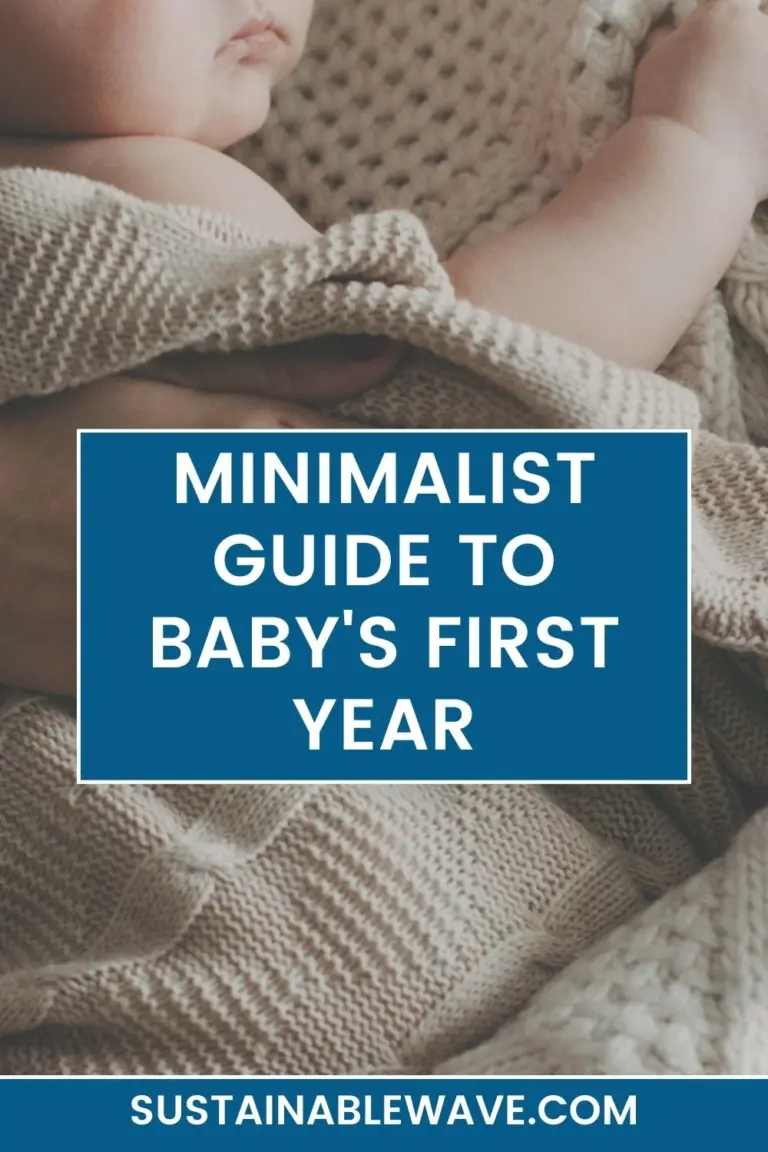In today’s fast-paced world, where the temptation to spend is at every corner, embracing frugality can seem like a daunting task. Yet, it’s the simple, mindful habits that often lead to the most significant financial transformations. It’s not just about cutting corners or living a life of deprivation; it’s about making smart, sustainable choices that enhance our financial health and overall well-being.
From meal planning, and using your legs instead of your car, to mindful shopping, this article explores the small changes that can lead to big savings.
Whether you’re a seasoned saver or just starting your financial journey, the following are the frugal habits that have the biggest impact and can pave the way to a more secure and abundant life.
15 Daily Frugal Habits That Have the Biggest Impact

Let’s get into the meat of this topic. These are some of the tips I was given from fellow minimalists and frugal living experts!
- Cooking at Home: Cooking at home is a game-changer for both your health and wallet. By preparing meals yourself, you have control over the ingredients and portion sizes, ensuring a healthier diet. Plus, the cost savings are substantial when compared to eating out or ordering takeout. It’s not just about being frugal; it’s about embracing a lifestyle that prioritizes well-being and financial health.
- Using Public Transportation: Using public transportation can significantly reduce your monthly expenses. Cars come with a host of costs beyond just the purchase price—think insurance, maintenance, fuel, and parking. Switching to public transit, biking, or walking saves money promotes a more active lifestyle, and reduces your carbon footprint. It’s a win-win for your budget and the environment.
- Library Resources: Libraries are treasure troves of free resources. Beyond books, they offer access to movies, music, magazines, and even online courses. Utilizing these resources can dramatically cut down on entertainment and education expenses. It’s a smart way to enjoy a wide range of hobbies and interests without straining your budget.
- Buying Second Hand: The second-hand market is a goldmine for savings, especially for items that don’t need to be brand new. From clothes to furniture, and even tech, buying used goods can drastically reduce your spending. It’s also a more sustainable choice, as it extends the life of items and reduces waste.
- Regular Maintenance: Keeping up with regular maintenance, whether it’s for your home, car, or personal health, can prevent costly repairs and health issues down the line. Proactive care is often much cheaper than fixing problems after they’ve escalated. This approach not only saves money in the long run but also ensures a smoother, more reliable day-to-day life.
- Budgeting and Tracking Expenses: Creating a budget and meticulously tracking expenses is foundational to financial health. It’s not merely about restricting spending but understanding where your money goes. This clarity empowers you to make informed decisions, prioritize your spending, and identify areas where you can cut back without compromising your quality of life. It’s a practice that fosters a sense of control and financial freedom.
- Cutting Down on Subscriptions: In today’s digital age, it’s easy to accumulate multiple subscriptions that can quietly drain your bank account. Periodically reviewing and trimming these subscriptions can free up a surprising amount of monthly cash. Often, we continue to pay for services we rarely use out of inertia. By being more intentional with our subscriptions, we can ensure we’re only investing in services that add real value to our lives.
- Energy Efficiency: Investing in energy efficiency is a smart move that pays off in the long run. Simple changes, like switching to LED bulbs, sealing drafts, and using smart thermostats, can significantly reduce your energy bills. Beyond the immediate savings, these actions contribute to a more sustainable planet, aligning financial prudence with environmental stewardship.
- Meal Planning and Bulk Buying: Meal planning and buying in bulk are strategies that go hand in hand, maximizing both time and financial efficiency. By planning meals, you can buy ingredients in bulk, which often comes at a lower price. This approach minimizes waste and unnecessary purchases, ensuring that every dollar spent contributes directly to your well-being. Plus, it saves you from the stress of last-minute meal decisions.
- DIY Projects: Embracing DIY projects can be both fulfilling and economically beneficial. Whether it’s home repairs, decorations, or even personal care items, learning to do things yourself can lead to substantial savings. Additionally, the skills and confidence gained from tackling projects on your own are invaluable. It’s a proactive way to enhance your living space and lifestyle without breaking the bank.
- Using Public Transportation and Carpooling: Opting for public transportation or carpooling instead of driving alone can significantly cut down on commuting costs, including fuel, parking, and vehicle maintenance. This approach not only saves money but also contributes to reducing traffic congestion and environmental impact. For many, it introduces a more relaxed pace to the day, allowing for reading, reflection, or extra work time, making the journey more productive or restful.
- Investing in Quality, Not Quantity: While it might seem counterintuitive, spending more upfront on high-quality items that last longer can be more economical than buying cheaper, lower-quality alternatives that need frequent replacement. This principle applies to everything from clothing and appliances to furniture and tools. Investing in durability and longevity means fewer replacements, less waste, and ultimately, more savings and value over time.
- Learning to Repair Instead of Replace: In a throwaway culture, there’s a growing appreciation for the art of repair. Learning basic repair skills for clothing, electronics, and household items not only saves money but also extends the life of your possessions and reduces waste. This mindset fosters a deeper connection to our belongings and encourages a more sustainable lifestyle.
- Taking Advantage of Free Entertainment: There’s an abundance of free or low-cost entertainment options available, from community events and public parks to libraries and online resources. By exploring these alternatives, families can enjoy rich cultural and recreational experiences without the high cost of traditional entertainment venues. This shift not only saves money but also encourages a deeper engagement with the community and the outdoors.
- Practicing Preventive Healthcare: Investing in preventive healthcare, such as regular check-ups, exercise, and a healthy diet, can save substantial amounts in the long run by avoiding more serious and costly health issues. This proactive approach to health not only reduces future medical expenses but also improves quality of life, ensuring that you’re not just saving money, but also investing in a healthier future.

I’m Thomas, the owner of SustainableWave. Passionately promoting a sustainable planet. With experience in various eco-roles, I’ll share green tips, sustainability hacks, and personal eco-journeys on my blog.






